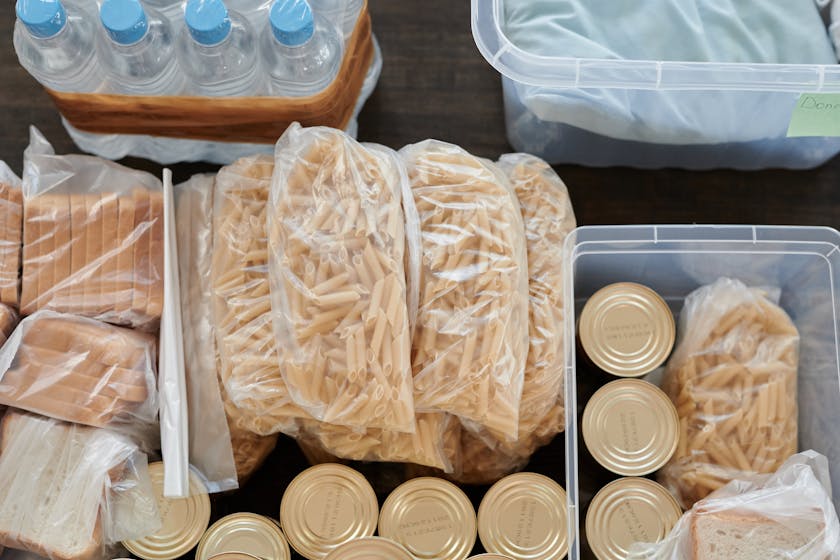When considering emergency preparedness, bulk meal storage is a critical component to ensure you and your family have enough sustenance in times of unforeseen circumstances. Whether it’s due to natural disasters, power outages, or other emergencies, having a well-thought-out plan can make all the difference.
Understanding the Basics of Bulk Meal Storage
The first step in effective bulk meal storage is understanding what foods are best suited for long-term storage. Look for non-perishable items that have a long shelf life and require minimal preparation. Some staples to consider include:
- Rice and grains
- Dried beans and legumes
- Powdered milk and dairy substitutes
- Canned meats and vegetables
- Nuts and seeds
- Dried fruits
Proper Packaging and Containers
Ensuring food remains safe and free from spoilage means investing in the right containers. Airtight containers made of food-grade materials, such as Mylar bags with oxygen absorbers and food-grade buckets, are ideal for bulk meal storage. These containers can protect against pests, moisture, and light—all of which can degrade the quality of stored food.
Creating a Diverse Meal Plan
While stocking up on staple items is crucial, it’s also important to consider nutritional diversity. Include a variety of vitamins and minerals in your bulk meal storage to maintain health during an emergency. Think about adding supplements or fortified foods to your emergency pantry as well.
Rotation and Consumption
Regularly rotating your stored foods is essential to maintain freshness and prevent waste. Incorporate items from your bulk storage into your daily meals to keep the stock fresh and familiarize your family with the flavors and preparation of stored foods.
Labeling and Organization
Clear labeling and organization can help you keep track of what you have and when it needs to be used. Date and detail the contents of each container, and organize your storage area so that older items are used first.
Maintaining Food Safety in Bulk Meal Storage
Food safety is paramount when it comes to storing large quantities of food. Ensure that your storage area is cool, dark, and dry to prevent the growth of bacteria and other pathogens. Regularly check for signs of spoilage or contamination, such as off odors, discoloration, or damaged packaging.
Emergency Cooking Methods
In the event of a power outage or other emergency where traditional cooking methods are unavailable, it’s important to have alternative options. Consider adding a camping stove, solar oven, or other off-grid cooking methods to your preparedness plan.
Water Storage and Purification
Water is just as important as food in an emergency. Store enough water for drinking, cooking, and sanitation, and have a reliable method for water purification on hand, such as purification tablets or a filter.
Long-Term Storage Considerations
For those who want to be prepared for long-term emergencies, investing in freeze-dried or dehydrated meals can be a wise choice. These meals can last for years and are designed to provide a balanced diet with minimal preparation.
Final Thoughts on Bulk Meal Storage
Bulk meal storage for emergency preparedness is about more than just stockpiling food; it’s about planning and maintaining a system that will support you and your loved ones when you need it most. With the right approach, you can create a robust and reliable food storage plan that provides peace of mind and security.
Remember, preparing for emergencies doesn’t happen overnight. Start building your bulk meal storage today, and you’ll be better equipped to handle whatever the future holds.



